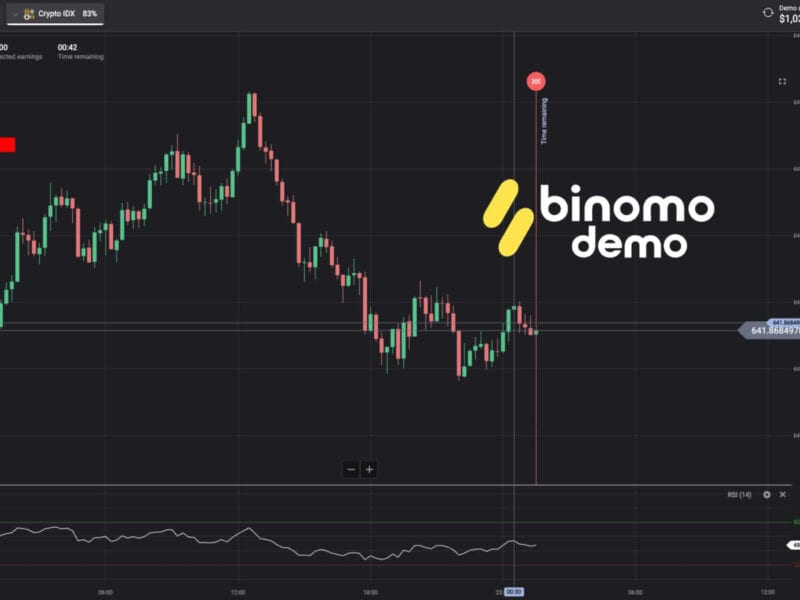
In the financial industry what is considered ‘selling away’
Investing is a huge part of the income of many companies and many individuals as well. Knowing what the terms and methods are that have to do with the finance industry can help. For those looking to find out more about investing and about making money, a law firm that has handled hundreds of securities cases can help.

What is “Selling Away”?
Selling away is a term that is often used to refer to someone or a company offering a product or a financial product that has not been approved or vetted by a brokerage company. Though these deals are technically legal, they are not something that has been vetted by the brokerage and they can be seen as a violation of workplace rules and may be a violation of larger securities regulation rules as well.
This is something that is really a very murky area in terms of legality. Though it is not something that is expressly listed as illegal, it can be difficult to prove that it is ok and that there are no issues. This is something that a broker is going to offer on their own and that is not necessarily going to be above board. With a selling away instance, a broker can make some money on the side ad can make the extra commissions without having to send them through the employers.
Selling away works when a broker offers the purchase of something that the firm that they work for does not sell. Say for instance there is a security that a client wants to purchase that is not currently sold by the firm. The broker can either work to get that security for the client, or they can risk losing them to another firm. In most cases, the broker is going to do all that they can to keep their client and to prevent their loss.
This means that they will do whatever it takes to get that security for the client that wants it. This happens a great deal with private investments that are not public trading. This can result in fines, in disciplinary action from the firm that the broker works for, and it can even lead to the broker being fired from their position.
This is a risky business as it can lead to the termination of the broker from their firm. This is a difficult choice to make for a range of people. They might not feel that they have any choice when it comes to selling away, they might feel that they have to sell away in order to keep people in their portfolio and to make sure that they are going to stay a client and that they are not going to go to another firm that will do what they want.

What are the Risks?
There are risks that apply not only to the broker, but also the investor. In most cases, if the brokerage does not sell a certain security, it is for a reason. It might be that the investment is not checked out, that the brokerage has not made sure that it is a good investment that is going to give a good return, or that there is some larger risk associated with it. One of the benefits of using a brokerage is that you do get that added level of security of a security that has been checked out, a security that is backed, and a bit of a net if something does happen and that does fall through.
With a sale away, you are not going to have that added level of security and that added level of knowing that the security is protected. If you are dealing with a security that you wanted that was a sell away, you might run into some issues as well. The FINRA has rules that apply directly to selling away. The FINRA rule 3280 is in place that help to protect you and to protect the brokerage firm as well.
In many cases, the sell away has to be run by the brokerage firm before it can be completed. It has to be approved by the firm. They can either allow the transaction to take place, or they can prevent it and refuse to let it go through. If they do allow it to go through, they are going to assume legal responsibility for it. If they do not and the broker moves forward anyway, they can be fined and fired.
There are a few different types of sell away transactions: private placements are first, promissory notes, and real estate deals, and very high returns. Private placements are those that are unregistered and that are going to go directly to a private investor instead of going through the brokerage. These are things like retail investments and those transactions that are particularly risky and that the brokerage does not agree with.
Promissory notes are a debt that can be traded. Many brokerage firms do not deal in promissory note debt as it can be very risky and it can also lead to fraud. The next type, real estate deals, are often not going to be a good investment and they can lead to the loss of money and the loss of property as well. The last type is those returns that are very high and that are unrealistically high. These are going to be those that are very high and that seem almost too good to be true. If something seems to good to be true, it likely is and that is something that brokerage firms look at when they approve investments to trade through their firm.

When to Hire a Lawyer?
You might be wondering, where does a lawyer come into all this? It can be hard to be completely certain if someone is selling away or not. Sometimes, the broker will not tell you if they are selling away, they will just do it to make bigger returns on their own. Sometimes, it can be hard to identify a sell away and there are some things you can do to protect yourself.
The first is to have your brokerage firm look over all the investments that have been made on behalf of your account and to check for transactions that might not be regular or that might seem like they are out of the ordinary. This is going to help you not only keep track of the transactions that you have made, but also help you see these issues before they get out of hand and before they change your account or put you in too much potential trouble.
The next thing you can do is ask for written confirmation of any transaction that is made. This will help you make sure that the brokerage is aware of the trade, that they approved it, and that they are assuming legal responsibility for that trade if anything goes wrong. This will also help you ensure that the brokerage is aware of the trade. If the broker refuses to give you a written confirmation, it may mean that they are selling away and that they are not approved for the sale.
The last thing you should do is listen to your intuition. If you feel that something is wrong or that something is not above board, it is best to go ahead and avoid that deal or think twice about doing it. If you feel that there is something that is not particularly right with a sale or with a trade, you should trust your gut and not go ahead with it.
If you end up with a trade that was a sell away and that you feel that you were duped into, you should then go ahead and speak with a lawyer about what can be done. Selling away is never technically legal and if you lose money as the result of a sell away that you were not aware of or that you did not agree to, you can get the help of a lawyer and start to attempt to recover some of your money.
Your lawyer is going to work to prove that you were not aware of the sell away, that you did not agree to it, and that you lost a considerable amount of money due to that sale and to that trade that you really did not agree to. Your lawyer and law team is going to help you make a claim through the FINRA arbitration system so that you can start the recovery process. You may be able to talk directly to your brokerage firm and see if they want to try to settle before you make a claim with the FINRA or if they want to say that they did not approve the trade.
You will need to contact the compliance department of the brokerage firm to see if they want to make a resolution before you take it to court. In some cases, they will work to settle out of court to prevent a claim being made and then you can go on and invest your money somewhere else. In some cases, they do not want to take that chance and they will then go ahead and fight. It really does depend on the brokerage and what they feel is the right course of action.
Your team is going to fight for you and is one of your best assets. They can help to illustrate what happened, the money that you lost, and they ca help to make a clear cut case that shows that you were not aware of the sell away and that you should not have to deal with the loss of money that was associated with it and with the deal that went through as a result. Your team is going to work with you to make a clear cut case so that you can start to recover your funds and start to get your money back so that it can be invested where you want it and how you want it to be invested rather than in ways you did not approve.





